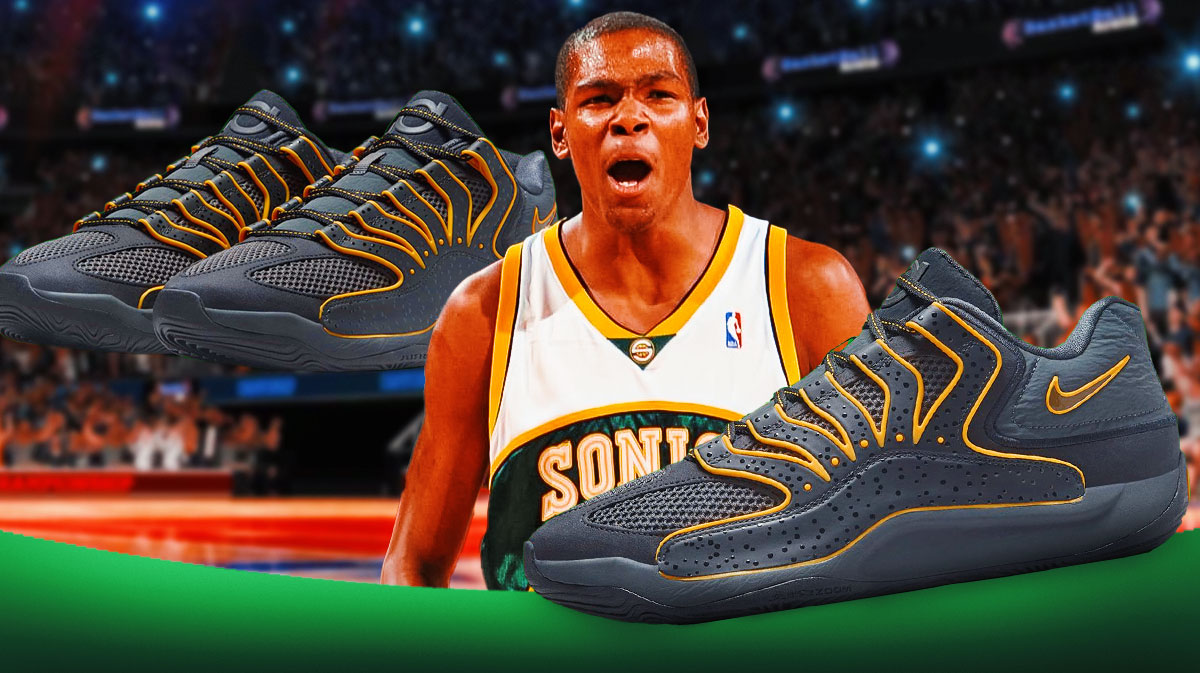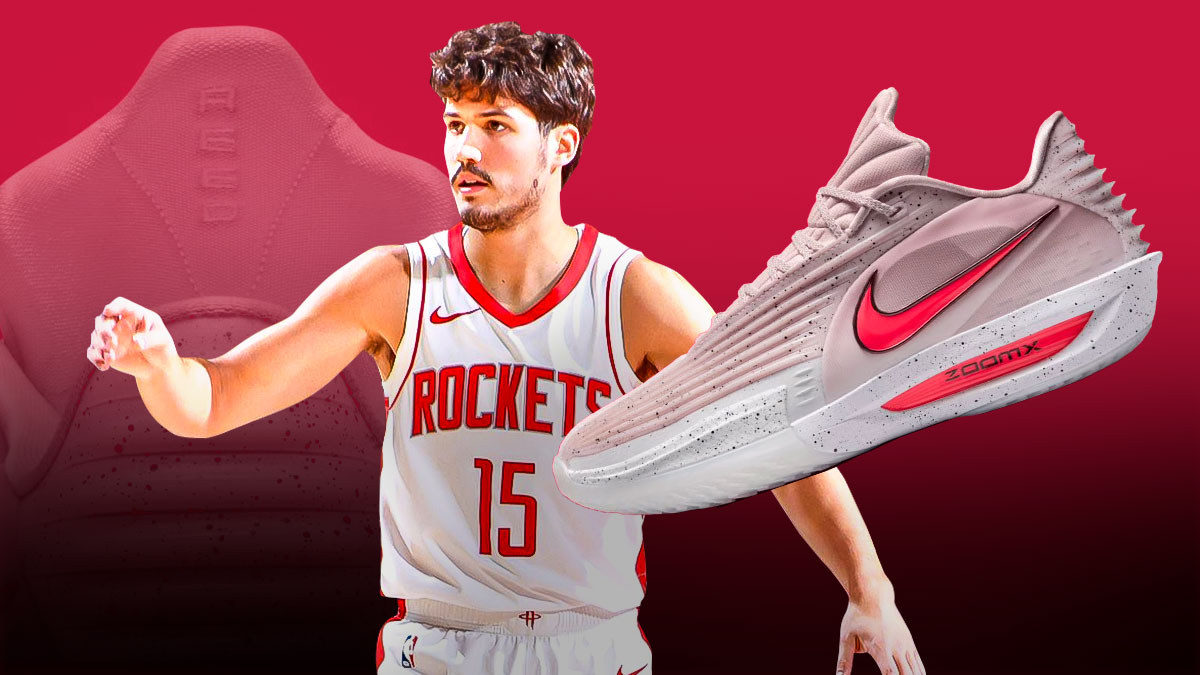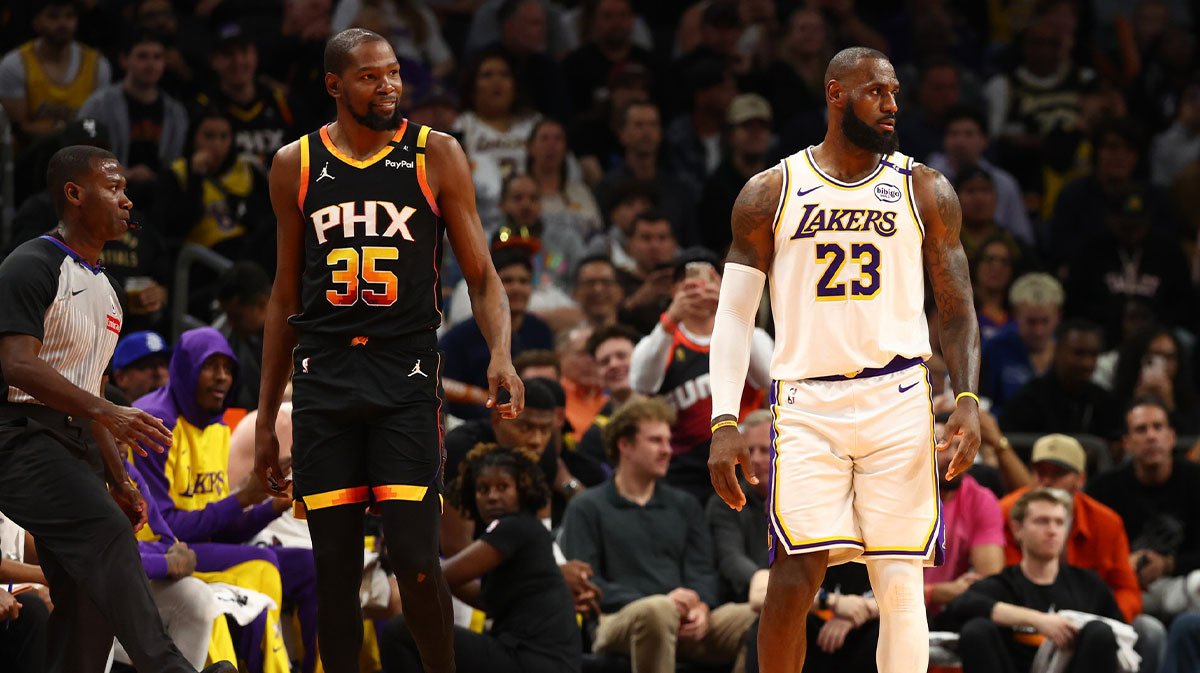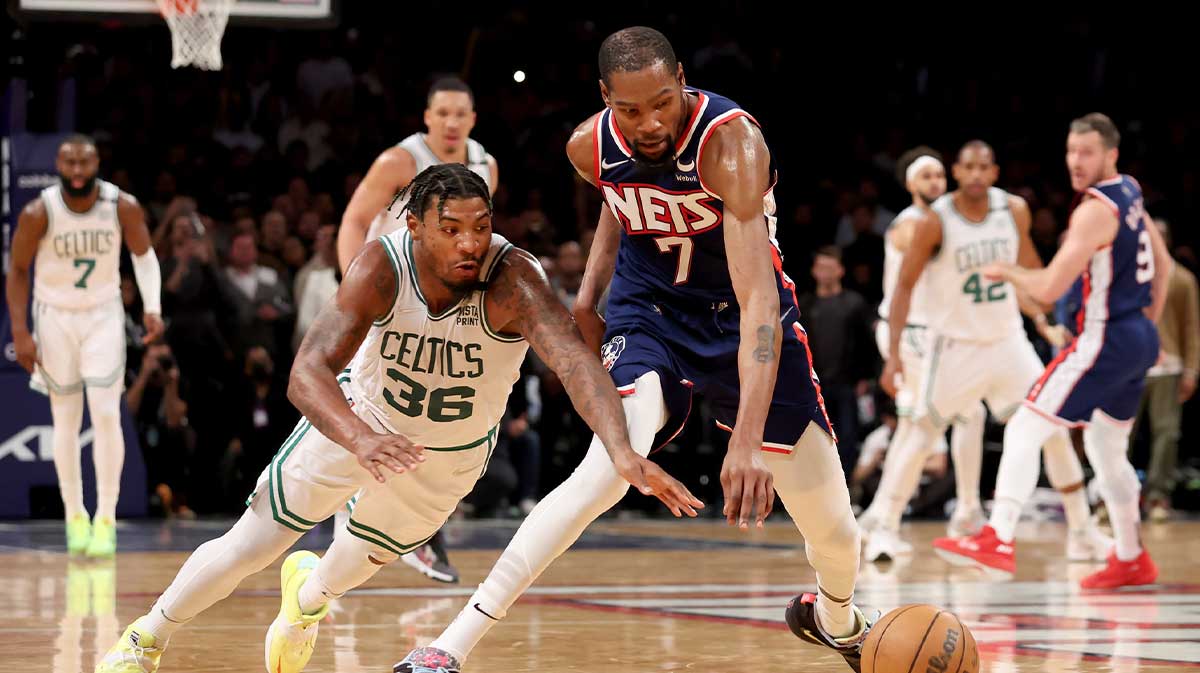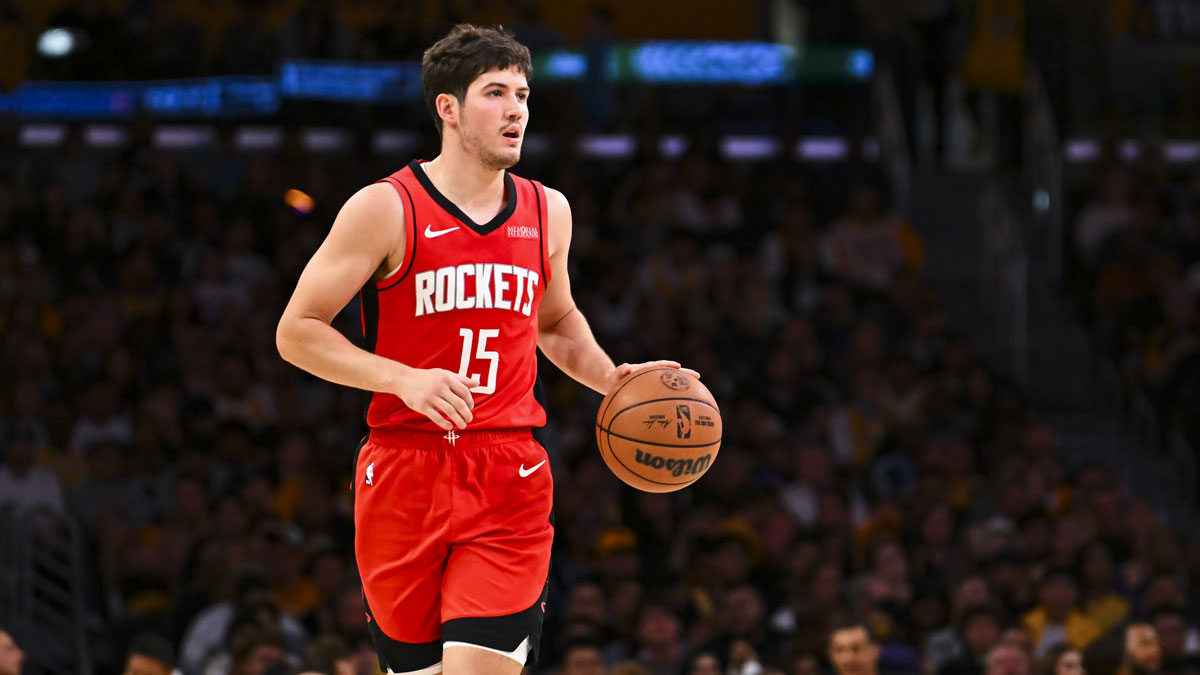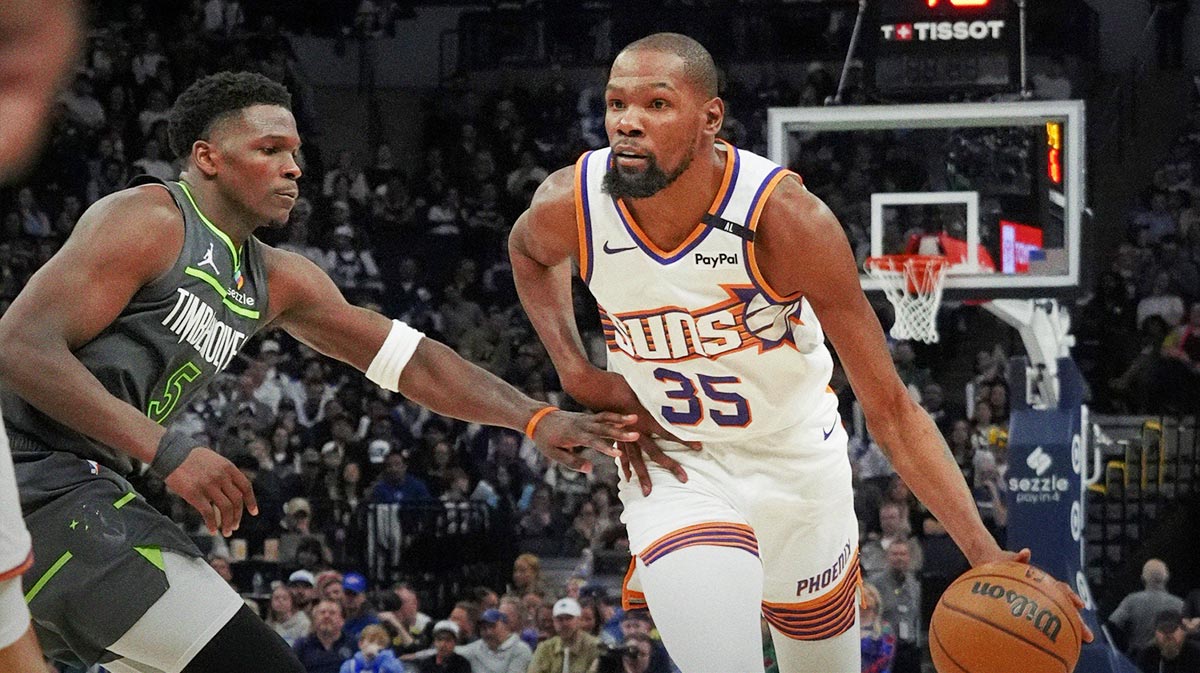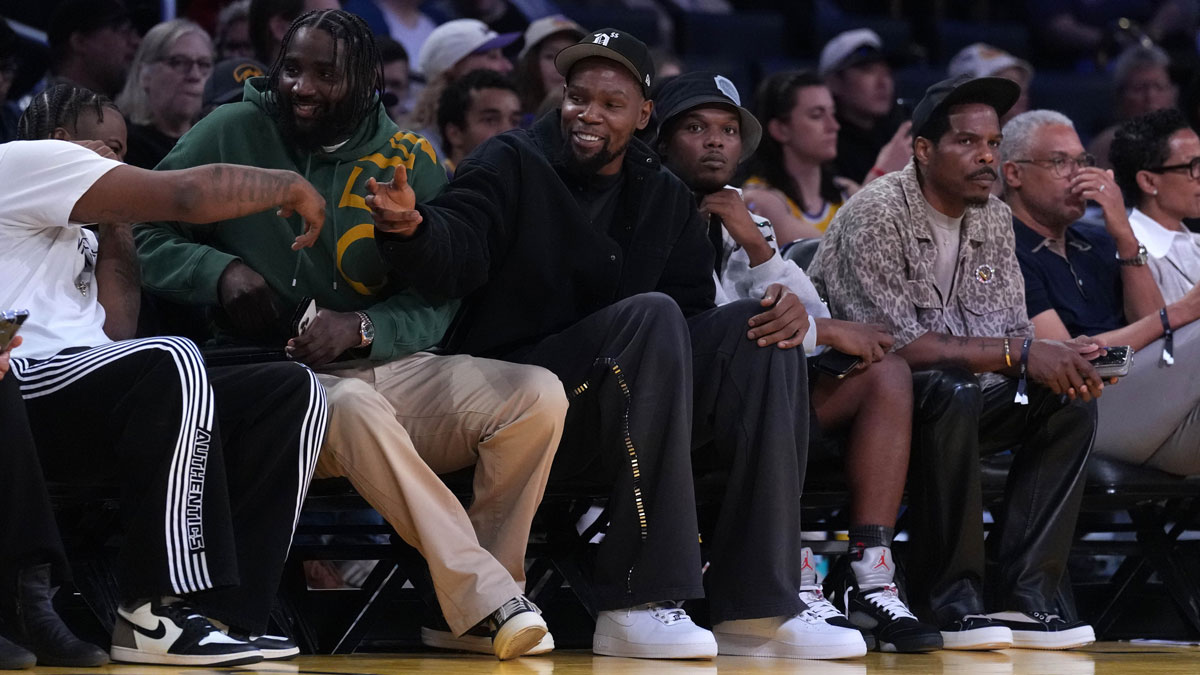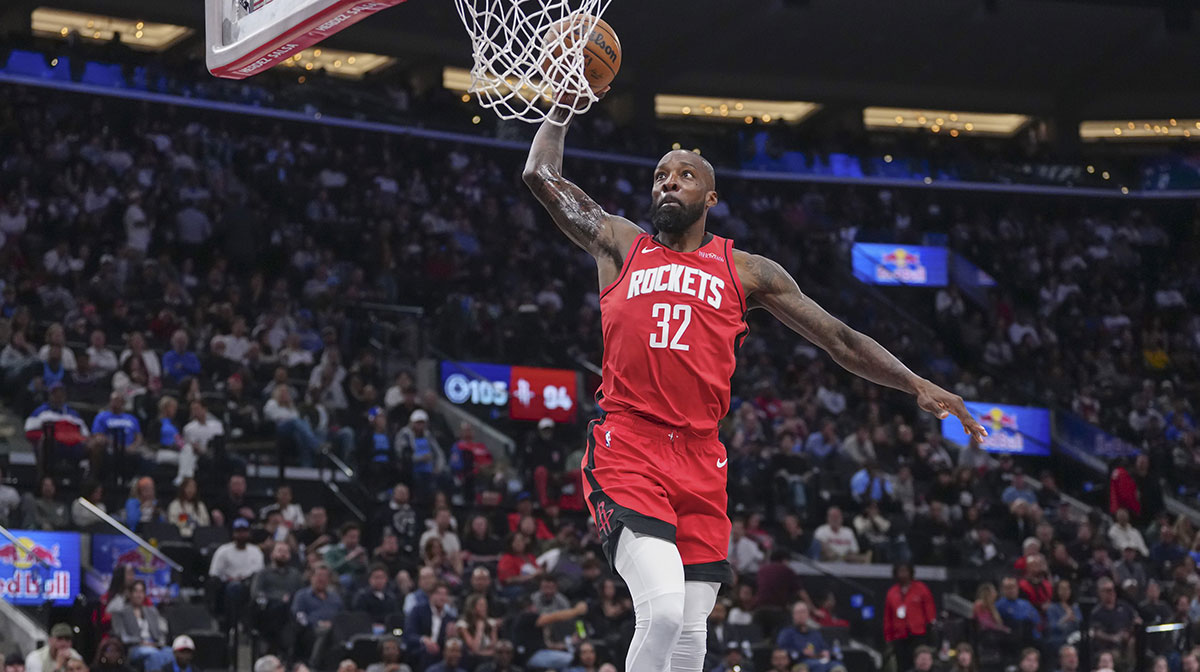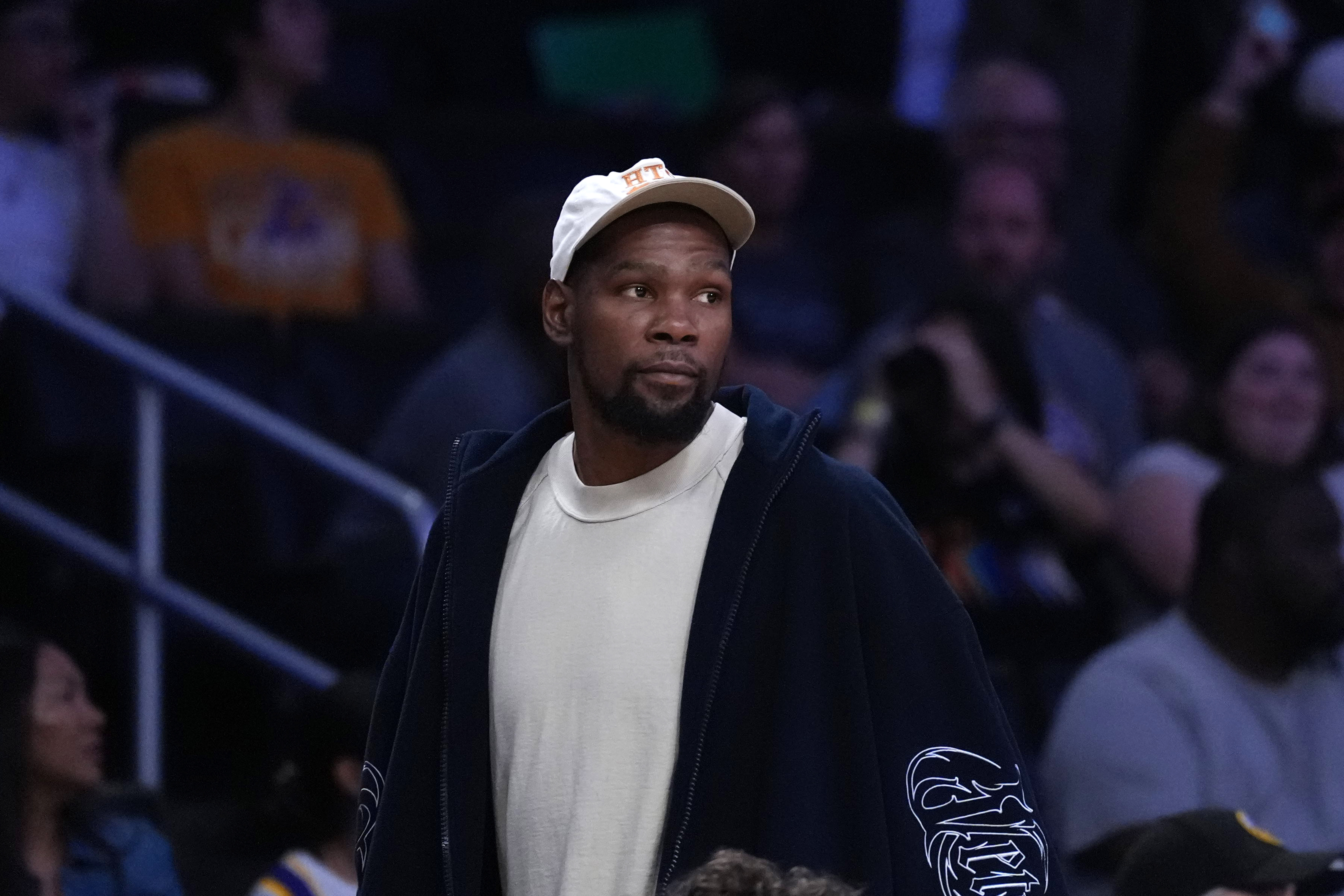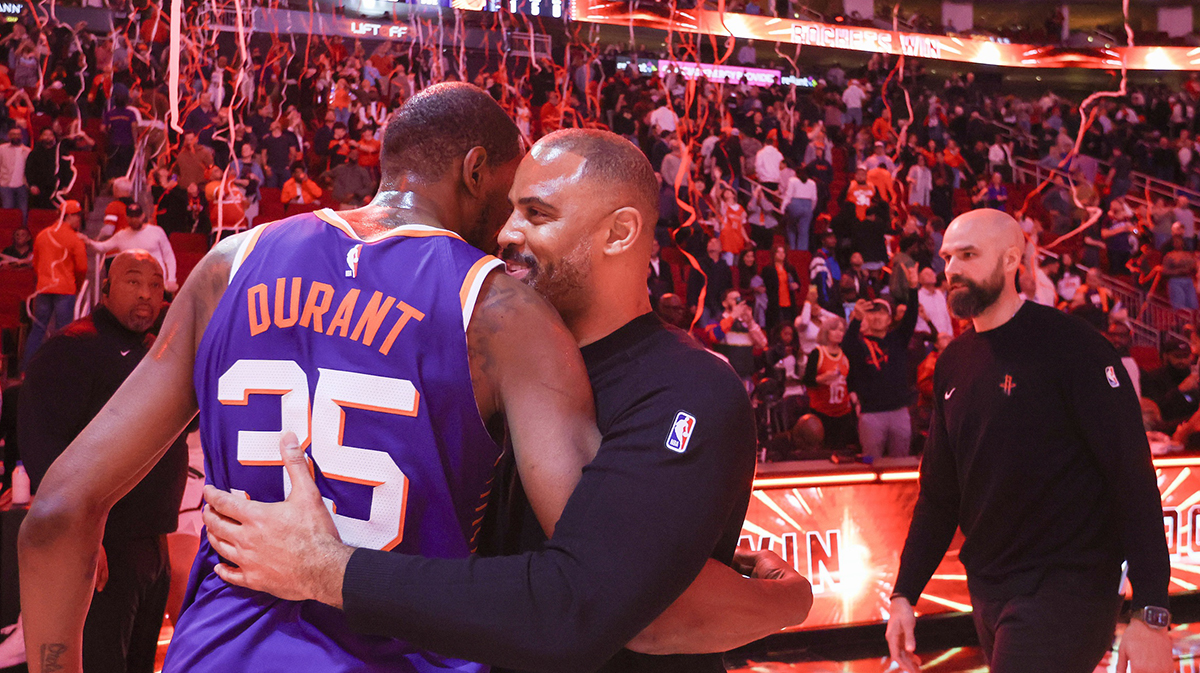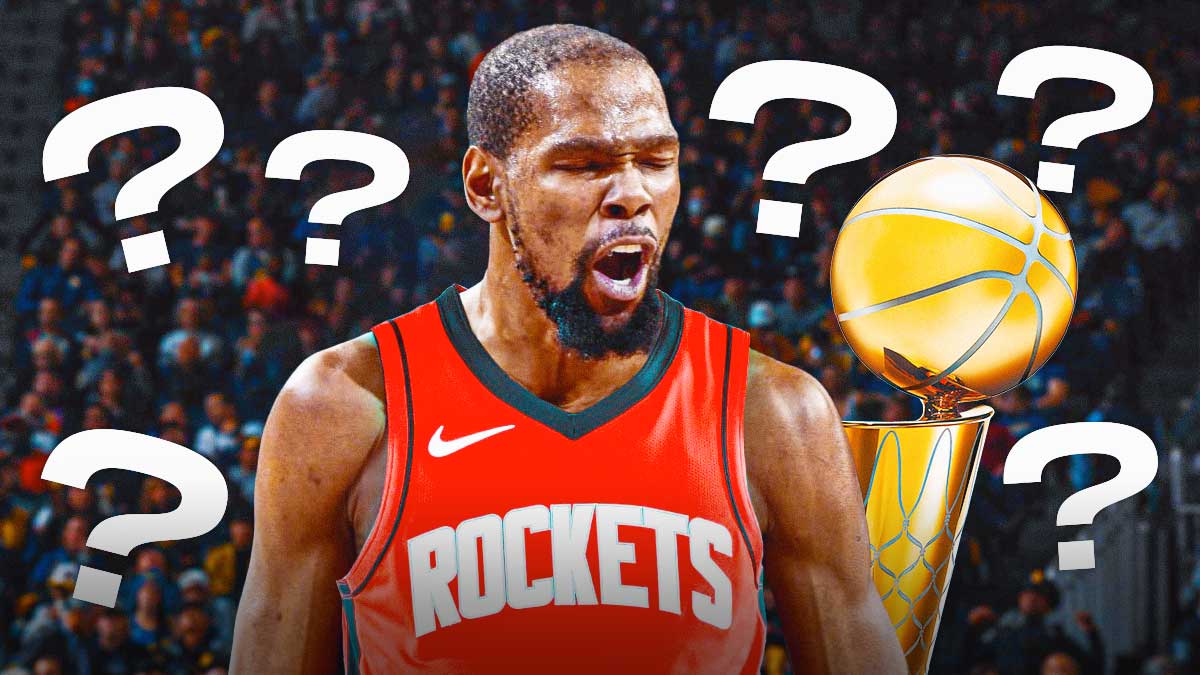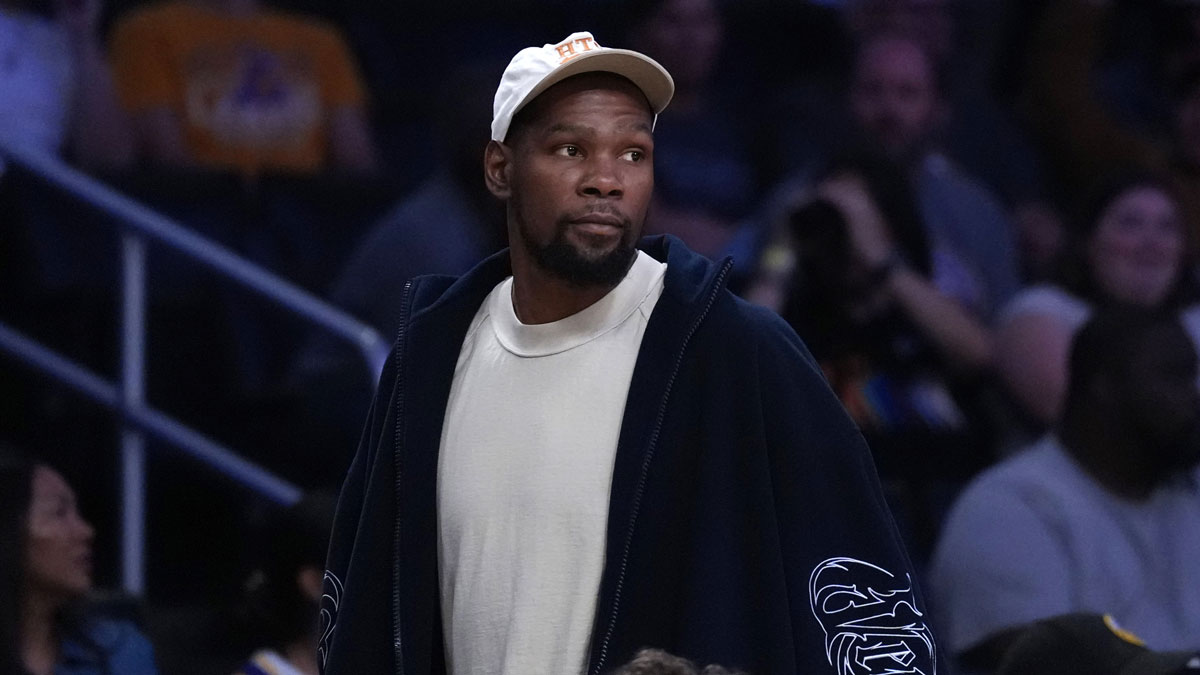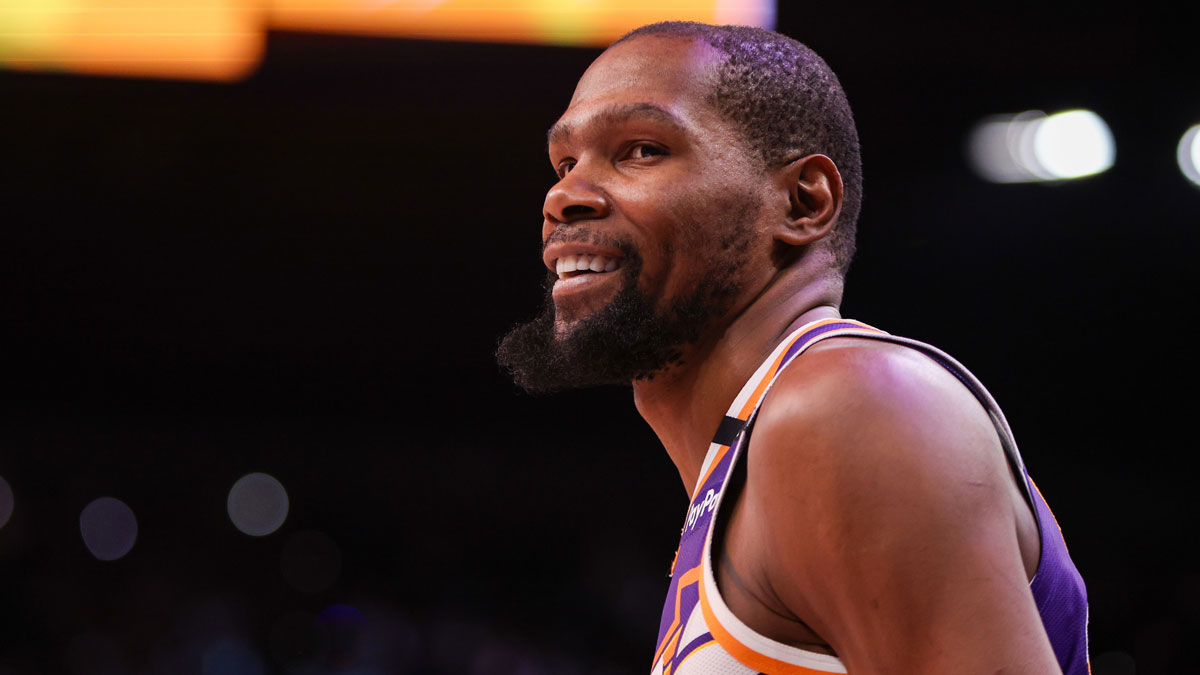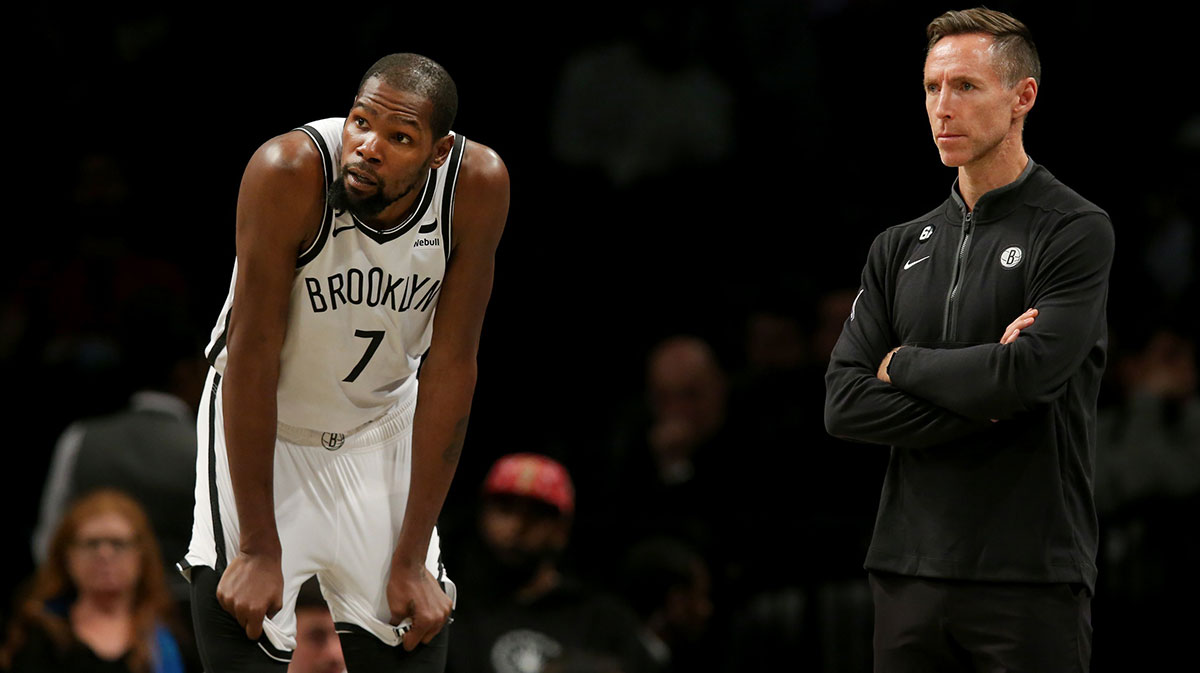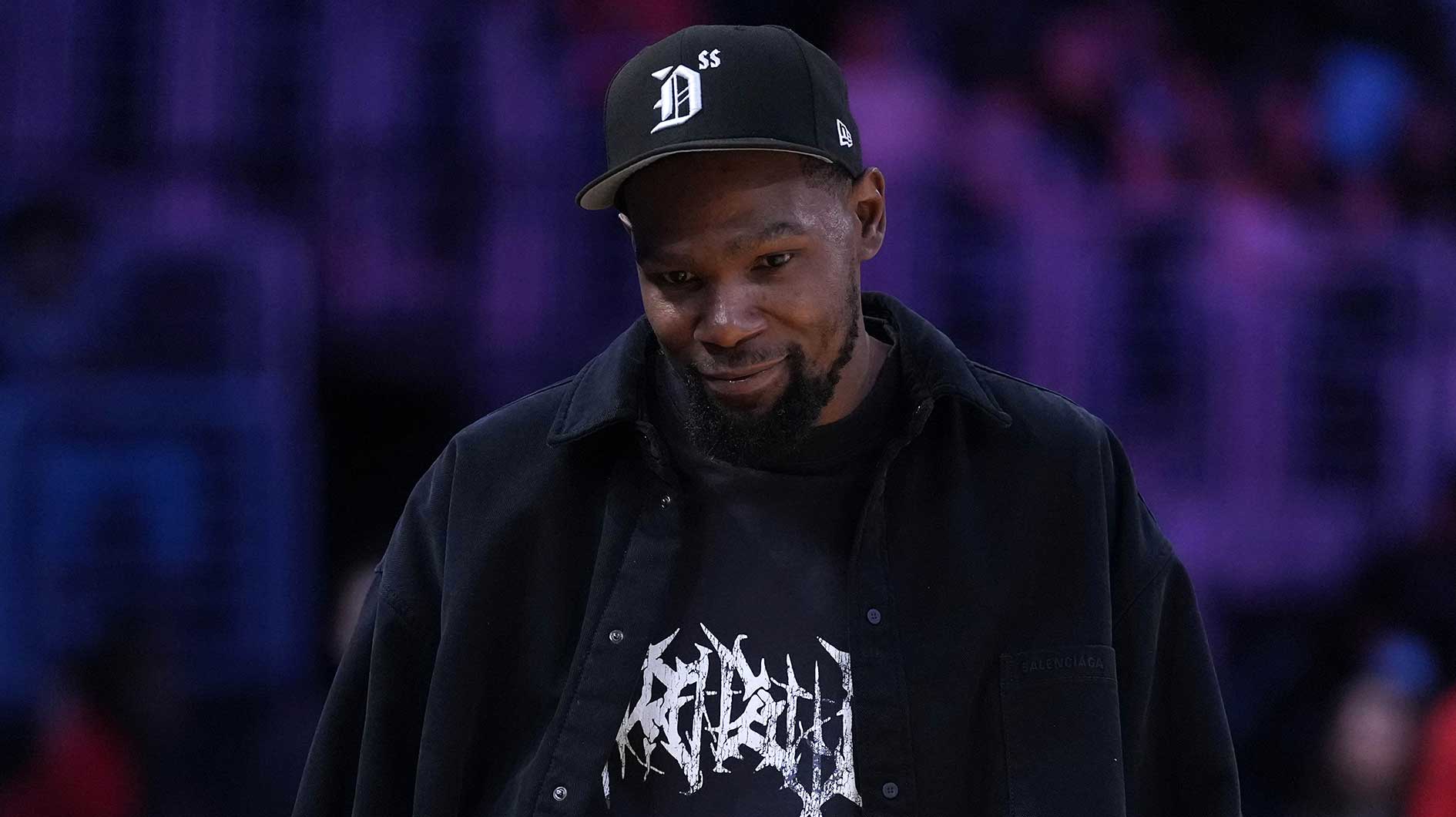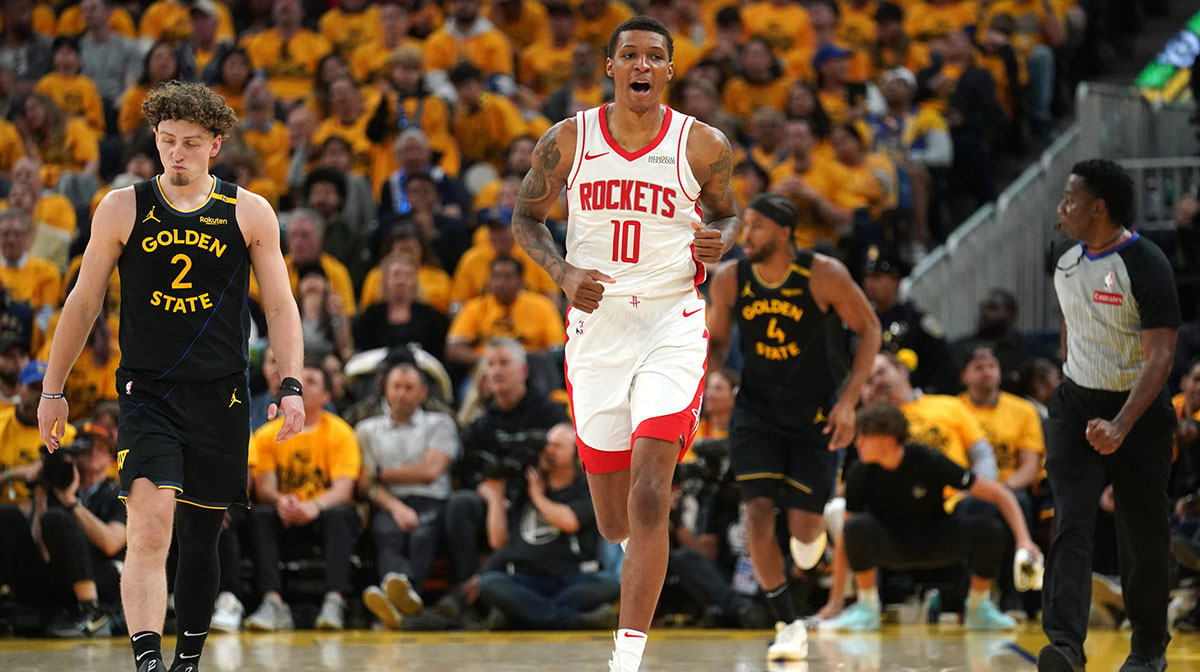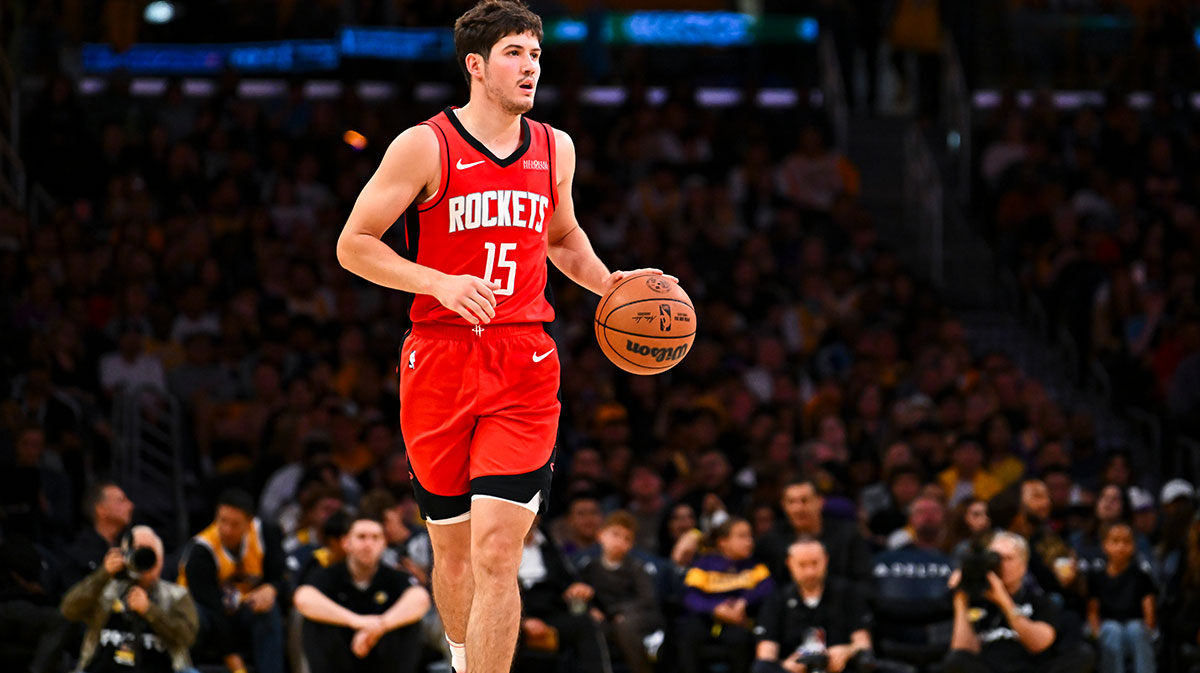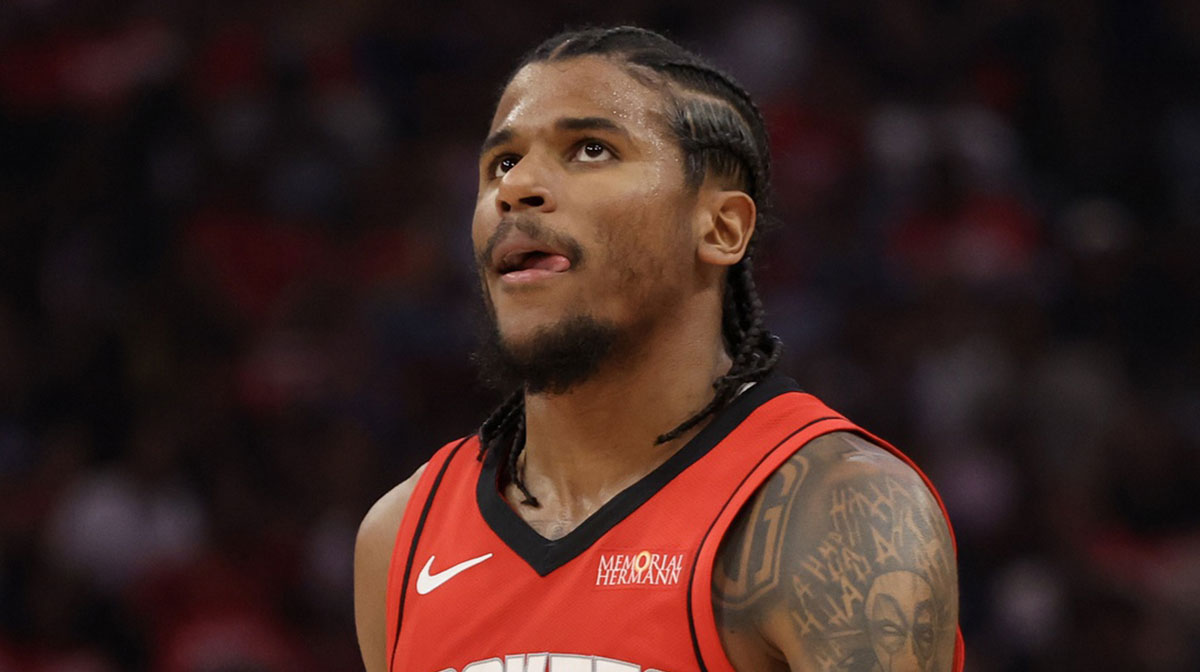The Houston Rockets' championship window was supposed to be shoved wide open after Kevin Durant suffered a calf strain in the third quarter of Game 5 of the Western Conference Semifinals, an injury that's left him sidelined ever since. Instead, the Golden State Warriors not only held on to win Game 5 without the two-time reigning Finals MVP, but also took Game 6 at Toyota Center to end the series in shocking fashion before sweeping the Portland Trail Blazers en route to an unprecedented fifth consecutive NBA Finals berth.
Durant, of course, is a free agent this summer, and broadly expected to leave the Warriors, a development that many believe would leave the Western Conference, for the first time in years, without a clear-cut favorite going into 2019-20. Despite Golden State's unbelievable 32-4 record over the last three seasons, including six straight wins in the playoffs, in games Steph Curry has played without Durant, most assumed the Rockets would take advantage of the latter's likely defection by staying the course, making minor tweaks on the edges of their rotation, and taking another shot at the Larry O'Brien Trophy this time next year.
Wrong. ESPN's Adrian Wojnarowski reported on Wednesday that Houston general manager Daryl Morey has already exhibited an “aggressive desire” to re-shape his roster ahead of next season, and, most noteworthy, made it clear Chris Paul is available via trade for the right price.
Even neglecting rumors of discontent between he and James Harden in the wake of another season-ending loss to the Warriors, Paul being placed on the trade block shouldn't be surprising. He's been firmly on the downside of his career for the past couple seasons, and took his biggest slide yet in 2018-19. Paul's performance in Game 6 against Golden State, when he scored a postseason-high 27 points, grabbed 11 rebounds, and dished six assists while shooting 11-of-19 from the field, obscures from the fact that he was clearly more limited than ever before in the series writ large.
Morey obviously has vivid memories of Paul being bottled up by Warriors big men after switches, even routinely failing to create enough separation to get off his vaunted mid-range jumper, and coughing up the ball two times more frequently this spring than he did during last year's playoffs. The Rockets' offensive rating with Paul on the floor and Harden on the bench during the postseason was a putrid 90.0, team-wide struggles indicative of Paul's 39.3 percent shooting overall and 23.1 percent from beyond the arc, per NBA.com/stats, when running the show solo.
Paul just no longer has the burst needed to consistently compensate for his lack of length in isolation situations – a death-knell for a Houston offense that's prioritized one-on-one play more than any team in recent history. There's an argument be to made that Mike D'Antoni should get back to a more egalitarian approach, echoing his famed “Seven Seconds Or Less” offense with the Phoenix Suns, but such a shift in philosophy would need to be accompanied by an overhaul of the Rockets' personnel. Paul and Eric Gordon are the only players on the roster other than Harden capable of creating offense, and Houston's salary-cap constraints ensure the type of wheeling and dealing it would take to surround the reigning MVP with more capable playmakers would be extremely difficult to pull off.
Relatedly, Paul's contract is what makes the prospect of trading him for a package that would make the Rockets better hard to envision – perhaps even just as much as his ongoing, objective decline. He signed a four-year, $160 million extension last July, meaning Paul has a $44.2 million player option for the 2021-22 season, one he'll play in his late thirties. There's no way to tell what caliber of player the future Hall of Famer will be at that point, but it goes without saying he won't be worth anywhere near a third of the salary cap, inherently winnowing the list of teams interested in acquiring him to contenders who feel they could be one last piece away from a title.
The necessity of salary-matching further complicates the specter of a Paul trade. How many teams with championship aspirations have the guaranteed money on hand to send back over $30 million in a Paul trade without gutting their roster of talent? No other decision-maker in basketball is more comfortable navigating the choppy waters of three and four-team deals than Morey, but the point remains that Paul's salary will be an extremely onerous factor in trade discussions, and not just because of his diminishing effectiveness.
Then ask yourself this: Would any contender rush at the chance to add the notoriously combative Paul to its culture, knowing his voice in the locker room wouldn't align with his role on the floor? If Paul's brash competitive nature has already worn thin on Harden, it's hard to believe the same dynamic wouldn't quickly materialize with marquee players, all of a different generation, for the team that eventually trades for him. The one potential suitor for whom that wouldn't be as big a factor, the Los Angeles Lakers, surely understand that a team led by Paul and LeBron James wouldn't be good enough to deliver the organization its 17th championship.
Bottom line: Paul, effective as he was to a fleeting degree during the playoffs and is likely to remain in a more confined role going forward, just isn't a positive trade asset. If his contract isn't the worst in the NBA, it's because John Wall's super-max extension doesn't kick in until next season, which he's poised to miss while recovering from surgery to repair a ruptured Achilles. In all likelihood, Houston will need to attach sweeteners in the form of future picks and attractive players from a third team just to get interested parties to seriously sit at the bargaining table.
The Rockets are between a rock and a hard place here. Paul is more valuable to them than almost any other team in the league, but they've clearly decided it's time to move on. Morey is a wizard; there isn't a personnel executive in the NBA you'd want pulling these strings more than him. But initiating trade discussions from such a position of obvious weakness is always a losing game, and it's unclear how Houston will flip that dynamic as it continues scouring the market for teams interested in trading for Paul.

